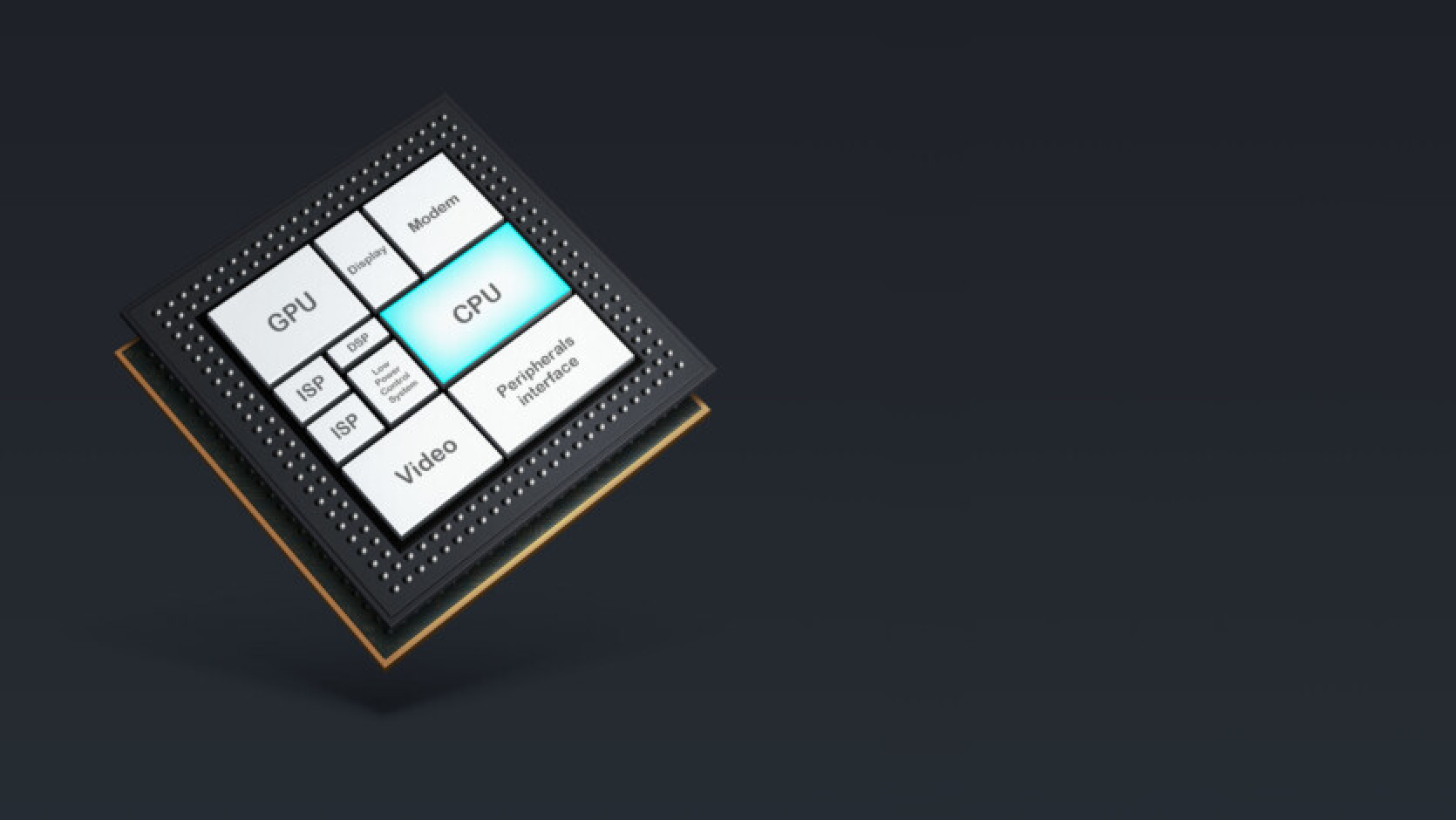Xiaomi is gearing up to launch its first processor in over five years. Leaks indicate that this new chipset, developed in collaboration with TSMC, will utilize cutting-edge 4nm technology.
According to recent reports from China, the new Xiaomi chipset will be employed in the company's flagship mobile devices. It is based on TSMC's advanced 4nm N4P technology. This state-of-the-art manufacturing process allows for more transistors to be integrated into the chipset, ensuring higher performance and improved efficiency. Xiaomi's new processor is positioned as a strong competitor to the Qualcomm Snapdragon 8 Gen 1, which has been popular in flagship smartphones since its launch in 2021.
The detailed specifications of the processor remain under wraps. However, leaks suggest that Xiaomi has partnered with Unisoc to develop certain components of the chipset. Unisoc is responsible for the 5G modem. Additionally, it appears that Xiaomi and Unisoc are collaborating on a 4G chipset intended for entry-level smartphones.
This is not Xiaomi's first foray into developing its own chipset. Back in 2017, the company released the Surge S1, a mid-range processor that powered the Xiaomi Mi 5c smartphone. However, after this initial release, Xiaomi did not continue its chipset development efforts. Instead, the company opted to collaborate with well-known chipset manufacturers like Qualcomm and MediaTek. This decision was likely driven by the challenges and high costs associated with developing competitive processors in-house.
Now, Xiaomi is making a return to the chipset market. This move indicates that the company has gained valuable experience and confidence in its ability to create high-performance chips. This shift aligns with the trend where major smartphone manufacturers, such as Apple, Samsung, and Huawei, develop their own processors to stand out from the competition and enhance their devices' performance.
Developing its own chipset offers several strategic advantages for Xiaomi. Firstly, it reduces the company's dependence on external suppliers like Qualcomm and MediaTek. This gives Xiaomi greater control over its supply chain and allows for customization of its processors to better fit its devices. As a result, Xiaomi can achieve improved hardware-software integration, leading to enhanced user experience. Secondly, manufacturing its own processors could help Xiaomi reduce costs in the long run, enabling it to offer competitive pricing for its devices.
The new Xiaomi mobile processor is expected to be unveiled in the first half of 2025. It is still unclear which Xiaomi models will be equipped with the new proprietary chipset.
Source: gizchina













Comments (0)
There are no comments for now